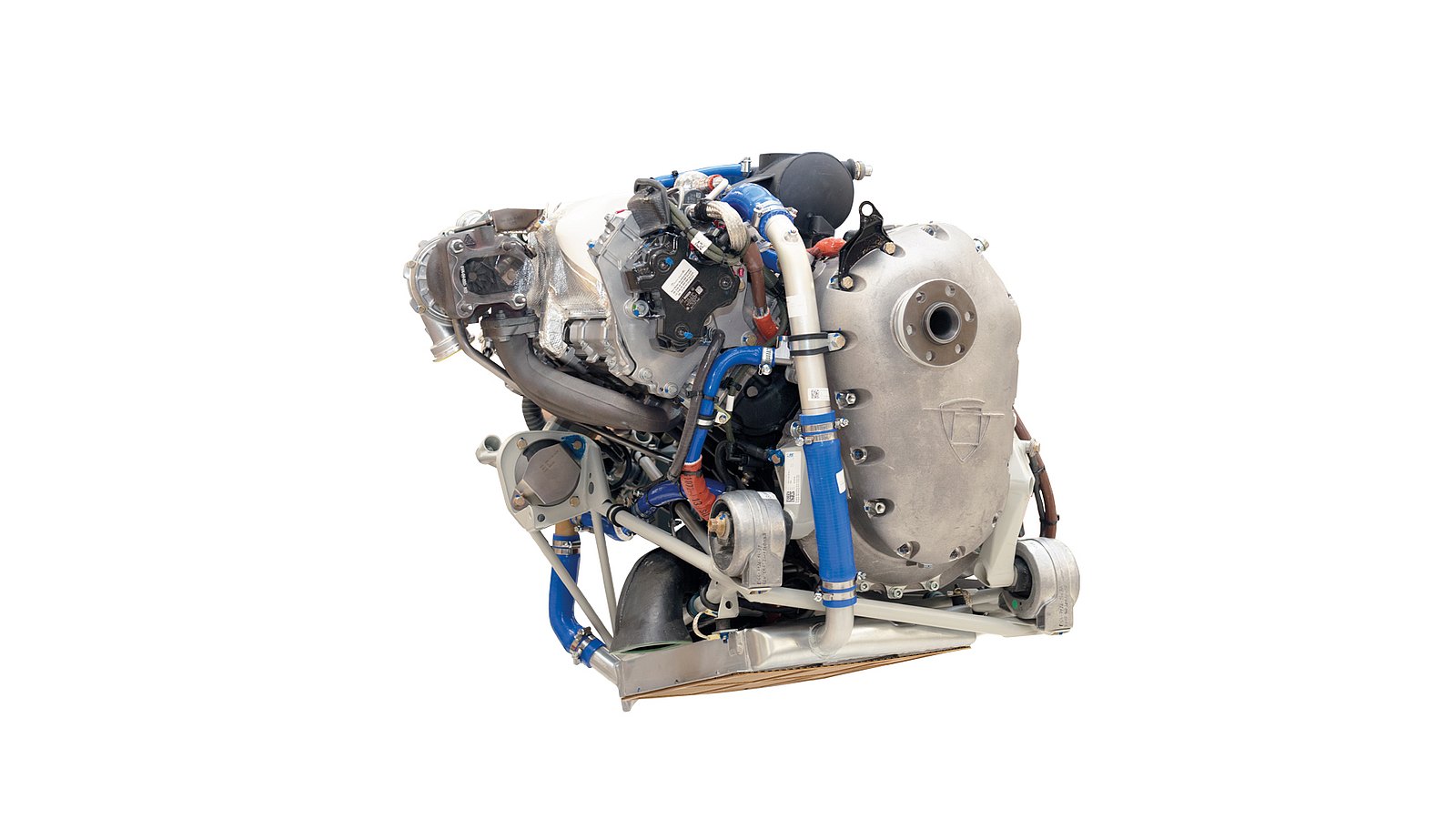Making Sure Long-Term Efficiency with Engines For Africa Products
Making Sure Long-Term Efficiency with Engines For Africa Products
Blog Article
A Full Overview to Selecting the Right Engine for Your Task
Selecting the suitable engine for your project is a vital decision that can considerably affect its general success. Each of these elements plays a critical role in guaranteeing that your selected engine not just fulfills prompt goals however likewise aligns with long-term desires.
Specify Your Job Requirements
Specifying your project needs is an essential step in selecting the appropriate engine for effective application. An extensive understanding of your project's goals will lead you in determining the capacities and functions required from an engine. Begin by laying out the range of your task, including the wanted performance, target audience, and the certain outcomes you intend to achieve.
Next, take into consideration the technical needs that line up with your task goals. This consists of evaluating the compatibility of the engine with existing systems, along with the programs languages and structures that will be used. In addition, evaluate the degree of scalability required to fit future development or changes in need.
Budget restrictions additionally play a vital function in specifying your project needs. Develop a clear economic framework to direct your decision-making procedure, ensuring that the engine chosen fits within your budget plan while supplying the essential capability.
Evaluate Efficiency Requirements

Engines that support horizontal scaling are frequently more suitable for larger applications. Additionally, evaluate the engine's efficiency under various conditions, such as peak usage scenarios, to guarantee it fulfills your dependability requirements.
Think About Ease of Usage
While technological specs are necessary, the simplicity of use of an engine can considerably impact the growth process and overall task success. An instinctive interface, clear documentation, and structured process can dramatically decrease the learning contour for designers, enabling them to concentrate on imagination and problem-solving instead than coming to grips with complex devices.
When assessing an engine's ease of usage, consider the onboarding experience. A well-structured introduction, total with tutorials and sample tasks, can help with a smoother shift for new customers. Additionally, the quality and comprehensiveness of the engine's paperwork play a vital role; comprehensive overviews and API recommendations can encourage designers to repair and execute attributes efficiently.
An engine that permits for very easy modifications can be more user-friendly, as designers can tailor it to fit their certain demands without considerable hassle. Ultimately, choosing an engine that prioritizes ease of use can lead to a more effective and satisfying advancement experience.
Assess Neighborhood and Support
The toughness of an engine's area and support network can significantly affect a check my source programmer's experience and success. When examining an engine, think about the size and task level of its neighborhood.
Furthermore, examine the availability of official assistance networks. Reputable documents, responsive customer assistance, and regular updates are crucial for resolving technical issues and maintaining your project on course. Engines For Africa. Active areas also cultivate collaboration, giving possibilities for networking and comments, which can be important, specifically for little groups or independent developers
Furthermore, explore the presence of community-run events, such as hackathons or meetups. These gatherings can enhance your understanding of the engine while linking you with possible partners and experienced users. click here to read In summary, my explanation a durable community and support system not only enhance growth but also produce an atmosphere for learning and development, eventually improving the chance of your project's success.
Compare Cost and Licensing Options
Spending plan factors to consider play an important role in picking the appropriate engine for your project, as the expense and licensing alternatives can dramatically influence both short-term expenditures and lasting practicality. Engines For Africa. Different engines provide varying pricing structures, which can include single purchase costs, subscription models, or revenue-sharing agreements based on your task's revenues

Certifying alternatives likewise differ significantly. Some engines are open-source, offering flexibility and community-driven assistance, while others might need proprietary licenses that restrict use and circulation. Comprehending the implications of each licensing model is vital, as it influences ownership legal rights, future scalability, and potential lawful responsibilities.
Conclusion
Finally, picking the proper engine for a job necessitates a thorough analysis of specified project demands, performance needs, simplicity of use, area support, and price considerations. By systematically attending to these vital factors, decision-makers can make certain positioning with both current and future job needs. A knowledgeable choice inevitably improves the chance of job success, enabling efficient source allowance and making best use of prospective end results within the specified financial constraints.
Choosing the appropriate engine for your job is a crucial choice that can significantly affect its total success.Specifying your task needs is a vital step in choosing the proper engine for effective application. A detailed understanding of your project's goals will certainly guide you in determining the capabilities and functions called for from an engine.As soon as you have a clear understanding of your job needs, the following action is to assess the performance demands of the engine.In verdict, picking the appropriate engine for a project necessitates a detailed evaluation of defined project requirements, performance demands, simplicity of usage, area assistance, and price factors to consider.
Report this page